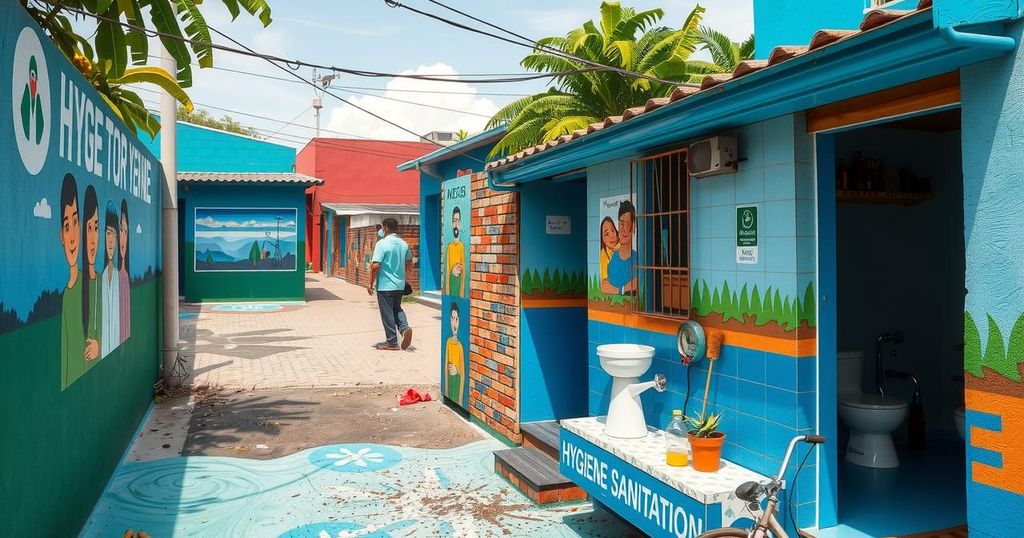Cholera Epidemic in Angola: Current Crisis and Call for Action

As of March 17, 2025, Angola has reported 7,284 cholera cases since January 7, with 165 new cases and 17 deaths recorded in a single day. Cuanza Norte is the epidemic’s epicenter, emphasizing the urgent need for clean water and sanitation to prevent further spread. The ongoing crisis exposes underlying social and economic inequities, necessitating both immediate and long-term public health interventions.
The cholera epidemic in Angola is escalating with a reported total of 7,284 cases since the outbreak began on January 7, 2025. As per the Angolan Ministry of Health’s bulletin, updated on March 17, there were 165 new cases and 17 fatalities in a single day, marking the highest daily death toll since the epidemic started.
Provincial distributions reveal a troubling trend, with Cuanza Norte recording 60 new cases and being the epicenter of the crisis, including 13 of the latest deaths. Luanda reported 50 new cases, followed by Bengo (17), Benguela (16), Cabinda (5), and other provinces with lesser counts.
As of the latest reports, there have been a total of 275 fatalities across Angola due to cholera. The World Health Organization (WHO) emphasizes the importance of clean water and sanitation to prevent cholera, an acute disease that can lead to severe dehydration and death if not treated promptly.
Currently, 237 patients are hospitalized, exacerbating strains on the healthcare system, which has previously struggled to respond effectively to health emergencies. Despite many cholera patients showing mild symptoms, timely medical intervention is vital to prevent serious outcomes.
This health crisis not only reflects a significant public emergency but also highlights inequalities in health, social, and economic spheres within Angola. The lack of access to clean water and sanitation facilities increases vulnerability to such outbreaks, necessitating immediate and long-term solutions.
Health officials express urgency, as the Ministry of Health calls for both national and international collaboration to address the health crisis. The combined impact of environmental and socio-economic factors complicates the public health landscape, leading to heightened disease transmission risks.
Moving forward, a collaborative effort among local authorities, national bodies, and international organizations is essential. The immediate focus must be on enhancing healthcare responses, alongside sustainable strategies to improve infrastructure related to water and sanitation, as advocated by the WHO.
In summary, the current cholera outbreak reflects an urgent public health crisis in Angola, demanding both immediate action and long-term economic improvements. The global community’s support is crucial to develop resilient health systems and infrastructure, paving the way for a healthier future for the nation’s citizens.
The cholera epidemic in Angola underscores a critical public health crisis that necessitates immediate intervention and longer-term infrastructure solutions. With escalating cases and fatalities, it is imperative to strengthen healthcare responses and improve access to clean water and sanitation. This situation highlights the intersection of health, social, and economic factors that must be addressed collaboratively to secure the well-being of Angola’s population.
Original Source: evrimagaci.org






